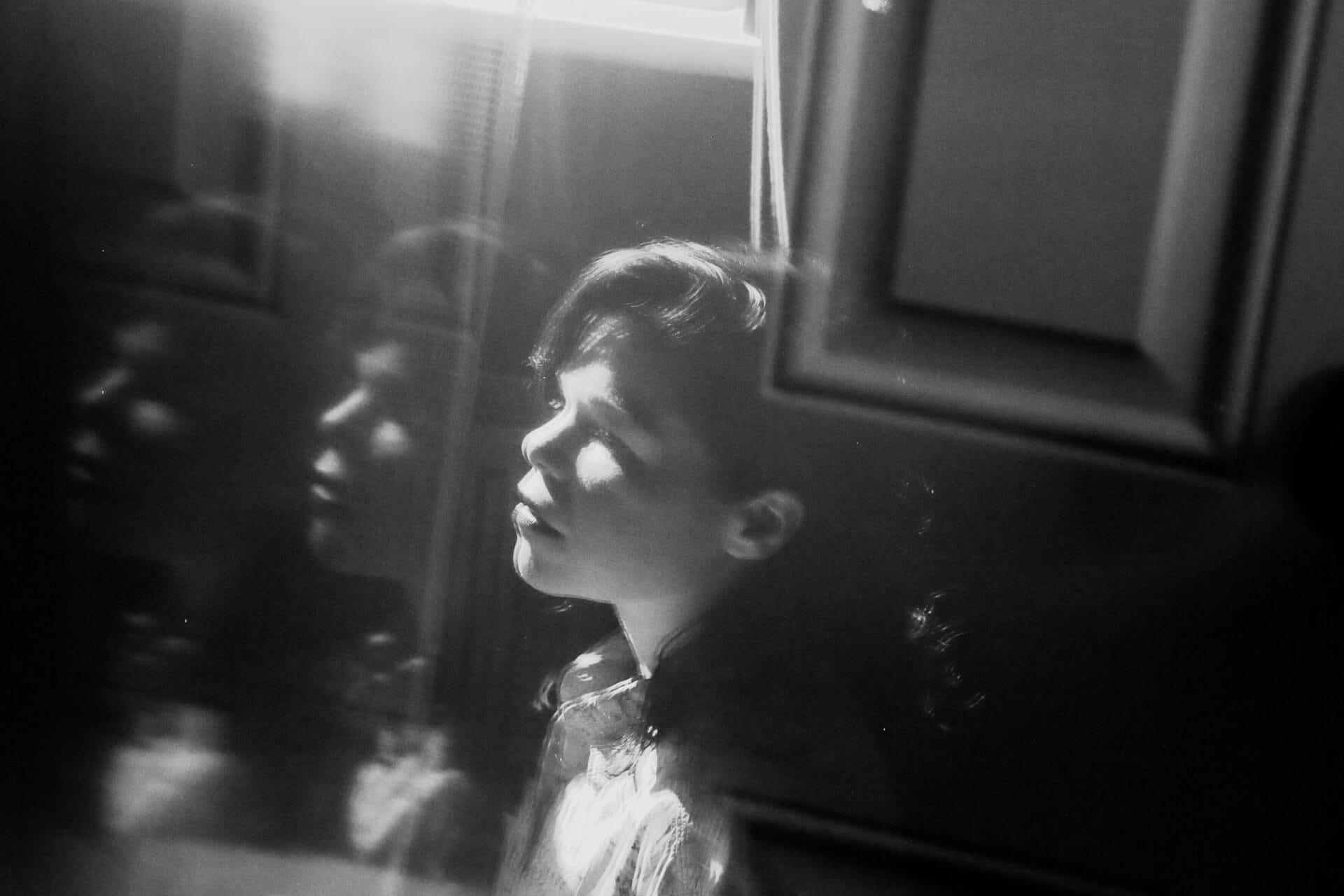Samantha Crain: True Detective

photo: Sequoia Ziff
***
Samantha Crain titled her seventh studio album Gumshoe due to the reluctant kinship she felt with the gruff, withdrawn private eyes of crime melodrama. Like those “moody, lone-wolf types,” the fiercely independent singer-songwriter lived at a distance until a demanding few years forced a reckoning with her attachments to the world. On her first full-length release since 2020’s A Small Death, she strives to cast off her outsider mentality by examining the moments that broke through her defenses in some of her most vivid, sensitive and self-possessed storytelling to date.
“When you start exploring your connection to other people more, your writing naturally becomes more observational and less worried about explaining yourself,” she says. “I feel like that’s sort of been the driving force in my songwriting for most of my life.”
Crain has used her music to process life as it unfolds into openhearted narratives for nearly two decades. While assembling Gumshoe, she carved out early mornings to grapple with the swings of tension and attraction in a relationship with a partner facing addiction. When the feelings she needed to work through were too close to confront head-on, she started by distilling them into melodies. “If I got some words written, that’s great,” she recalls. “If I didn’t, then I had something to start with the next day.”
In the studio with co-producers Taylor Johnson and Brine Webb, Crain opted to track a foundation of drums, bass and guitar together in one room, manifesting her commitment to connection through off-the-cuff arrangements and microphone bleed. Further layers of strings, chimes and horns complement the kinetic mix of pop, alternative and roots-rock in her compositions, which sidestep the more traditional folk of her early catalog to advance a genre-defying personal style.
“I guess I feel a little less tied to sounding a certain way because I know my only responsibility as a musician is to make it sound like myself,” she reflects. “And I know that’s changing all the time.”
Despite the change of heart threaded through the record, Crain avoids thinking in terms of “growth.” The insights she uncovers in each track are often nonlinear or unfinished, yielding a picture of vulnerability more nuanced than the tropes of hardboiled noir. Gumshoe is as much about embracing the messy fullness of connection as it is about relinquishing her need to understand it completely. While Sam Spade spurred the former thought, she attributes the latter to her Choctaw heritage.
“In the Choctaw language, there’s no word for ‘is’ or ‘are.’ I think that speaks to a value that people, animals, plants and all things are not permanent or static, so we can’t describe anything definitively. We can only pair it with descriptors as it is in a given moment,” she shares. “The more that I’ve come to understand that, the less concerned I’ve been with trying to get people to understand me because I realize it’s a fool’s errand. We’ll never be able to truly understand each other, or explain ourselves, because we’re changing every second.”





















